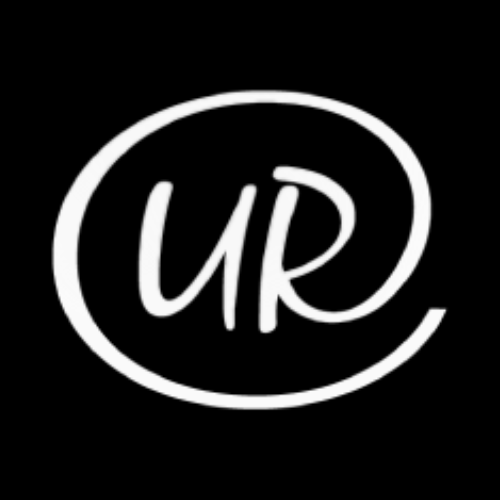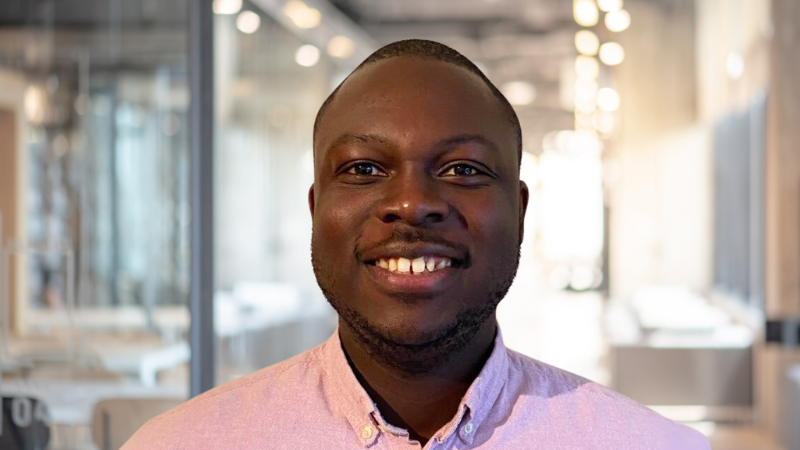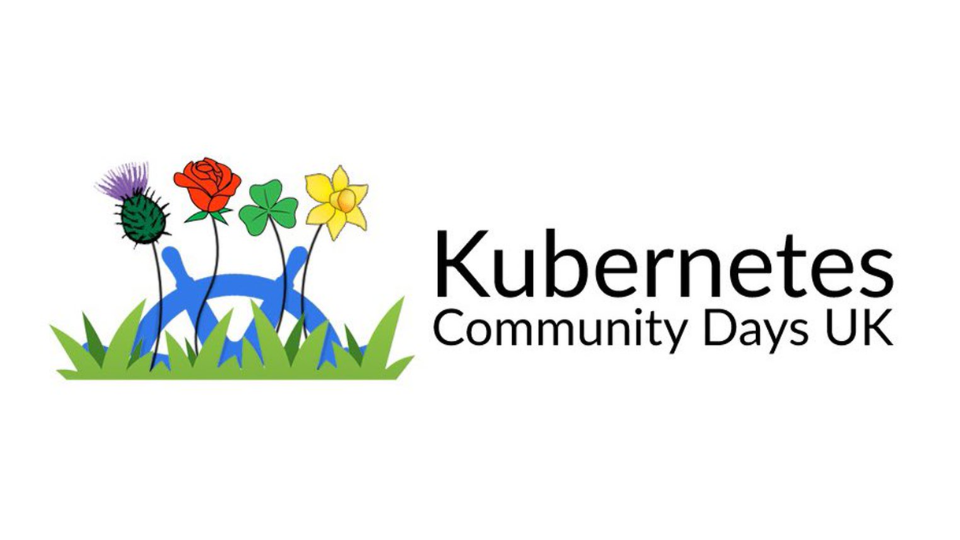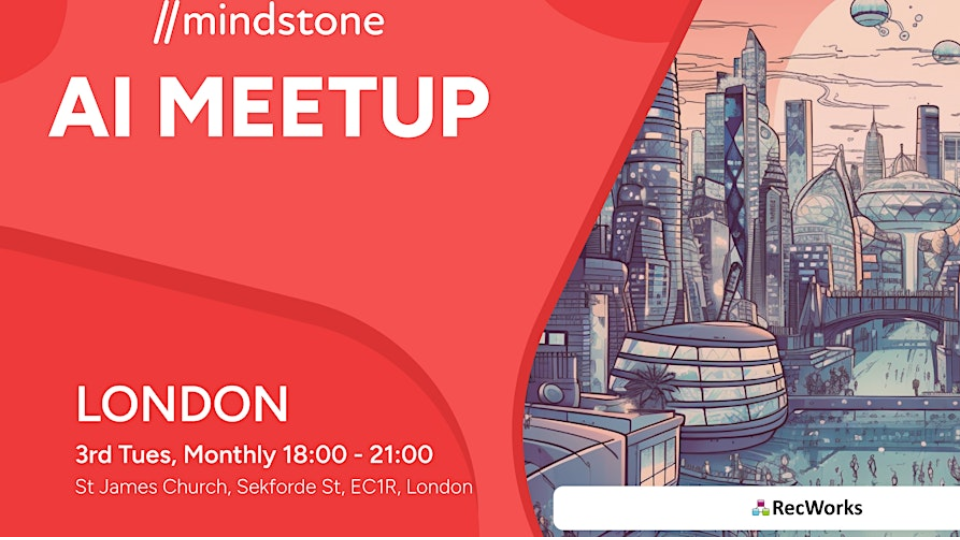Why Your Recruitment Process Is Broken And How To Fix It
25th October, 2018 5 minutes
We caught up with Understanding Recruitment's Founding Director, Dale Swords, to talk about the latest issue affecting the hiring process.
We all have biases we aren’t aware of. It’s a human trait, to be more attracted and form stronger bonds with people who act and look similar to ourselves. After all, familiarity is comfortable. But this is exactly the bias that’s breaking your hiring process one interview at a time.
Would you say most hiring processes are broken?
In my experience, companies that are growing quickly sometimes haven’t been deliberate enough about their hiring process and end up allowing unconscious biases to creep into their decision making. Although a lot of companies are already aware of this issue and claim they are trying to make their hiring processes less bias, it is easy to fall into the trap. In many cases, people don’t even realise they’re doing it.
How do people know if they have biases and what do these biases look like?
We all have our own biases but aren’t necessarily aware of it. It’s an almost hardwired trait and isn’t necessarily malicious or prejudice. Most CEOs understand the concept of unconscious bias but don’t believe it’s happening at their company. And that’s the problem. If the bias comes from the top down it can easily get embedded into an organisation. Some examples of unconscious bias are judging people on their name, gender, origin, the University they attended, and the titles they’ve held. It can also be the initial feeling they give you based on their looks or even what they’re wearing. Whichever it is, the outcome is that people are discounting the candidate from the hiring process or making them first choice for the wrong reasons. Why is unconscious bias a hazard in the workplace?
Encouraging certain hiring processes means they become the norm. Because of the biases, a lot of talent is missed out on because they “didn’t fit” the profile the hiring manager was looking for. When people involved in the hiring process are encouraged to look for a certain profile or behaviours, that negatively impacts business performance. You could be losing out on talent without knowing it. There can also be legal implications around discrimination.Why is it so important for the hiring process to eliminate unconscious bias?
It’s all really about fairness and inclusiveness. Companies that embrace diversity are proven to be much better positioned for innovation and perform better. It also creates a more diverse and inclusive company which research proves makes for a far more productive and successful business.
Can a broken hiring process be fixed?
The good news is that the easiest place to remove unconscious bias is in recruitment. Taking the time to make biases visible will help companies address them and improve the diversity of their teams.
We advise our clients to work with standardised competency-based questions, making sure questions don’t vary between candidates so they are interviewed objectively. Letting interviewers pick their own questions means that their experience of the candidate can vary. While some people might just have a friendly chat based on common interests, others interrogate the candidate. This means that candidates often end up being recommended for the role based on a personal connection rather than their ability to do the job, a fact often supported by the company’s staff retention rate, a statistic often ignored.
Having different people with multiple perspectives involved can also help check the unconscious bias of any individual during the interview process.
Who is responsible for it?
I think it’s the job of everyone involved in the hiring process, from the hiring manager to the person writing the job description, to be mindful of diversity every step of the way.
What role will artificial intelligence play in the future of recruitment?
AI is everywhere. Lots of companies use chat bots to run initial job interviews. For example, Nike and Intel use intelligent video software to analyse 25,000 data points from video interviews.
AI can see around our biases and is a great tool to extract human emotion, but at the same time that’s what works against it.
While it means people are getting the same chance regardless of gender, ethnicity, age, or University attended, I don’t think AI will take our jobs away any time soon. Technology just doesn’t have the human traits needed to make a well-rounded hiring decision, but it helps make it fairer.How is Understanding Recruitment dealing with the issue?
In the long-term, we aim to help clients gradually shift away from contingency based recruitment towards a more dependable and focused search approach which supports them in reducing their staff retention, improving their hiring process and enhancing the recruitment process for everyone.



